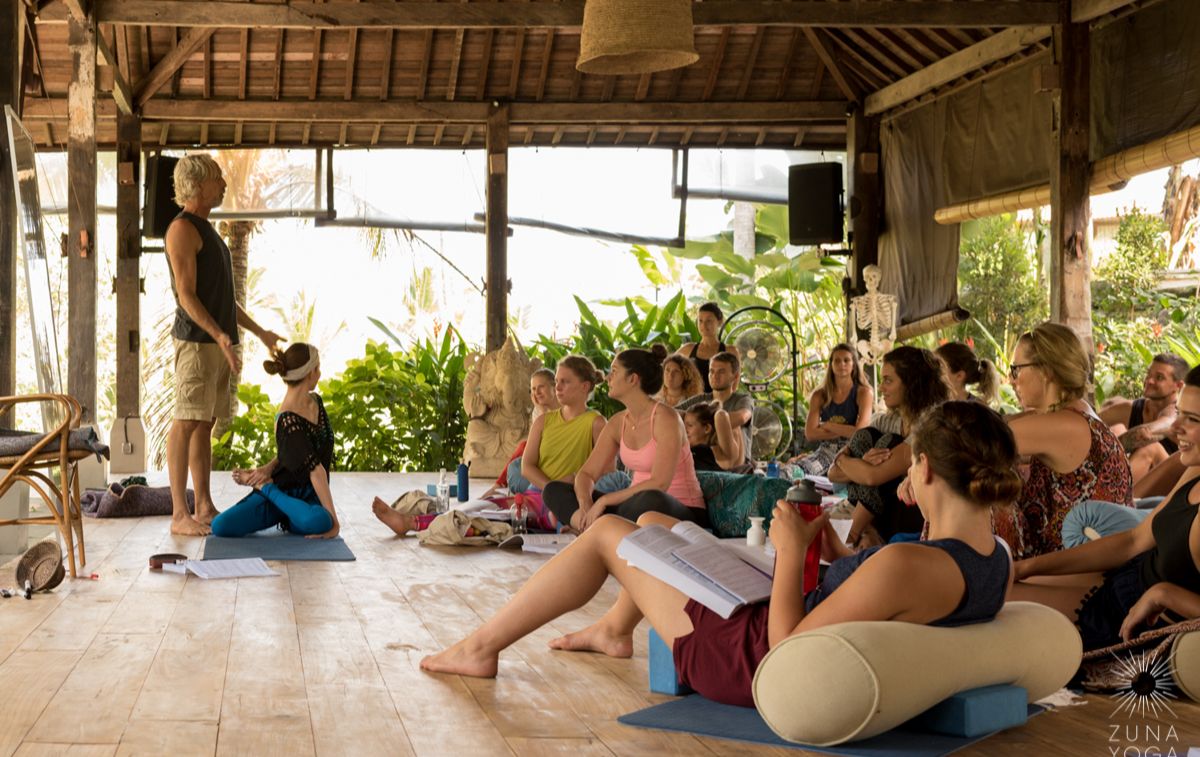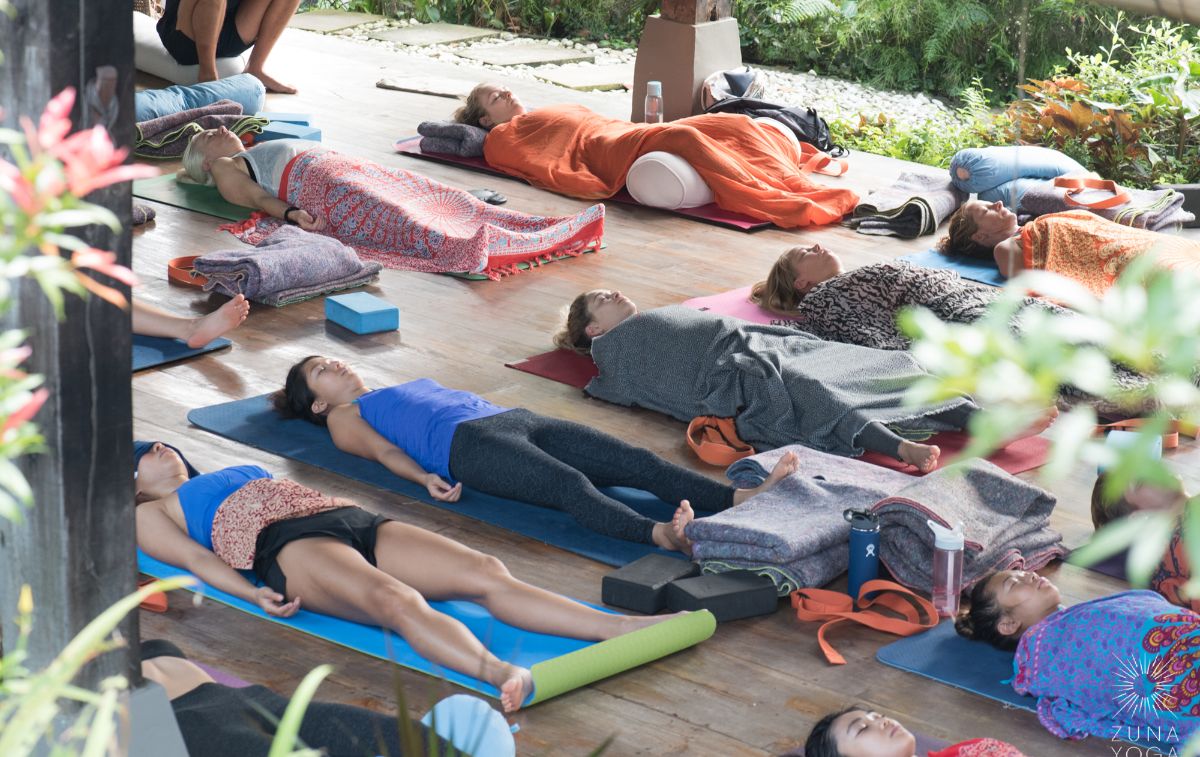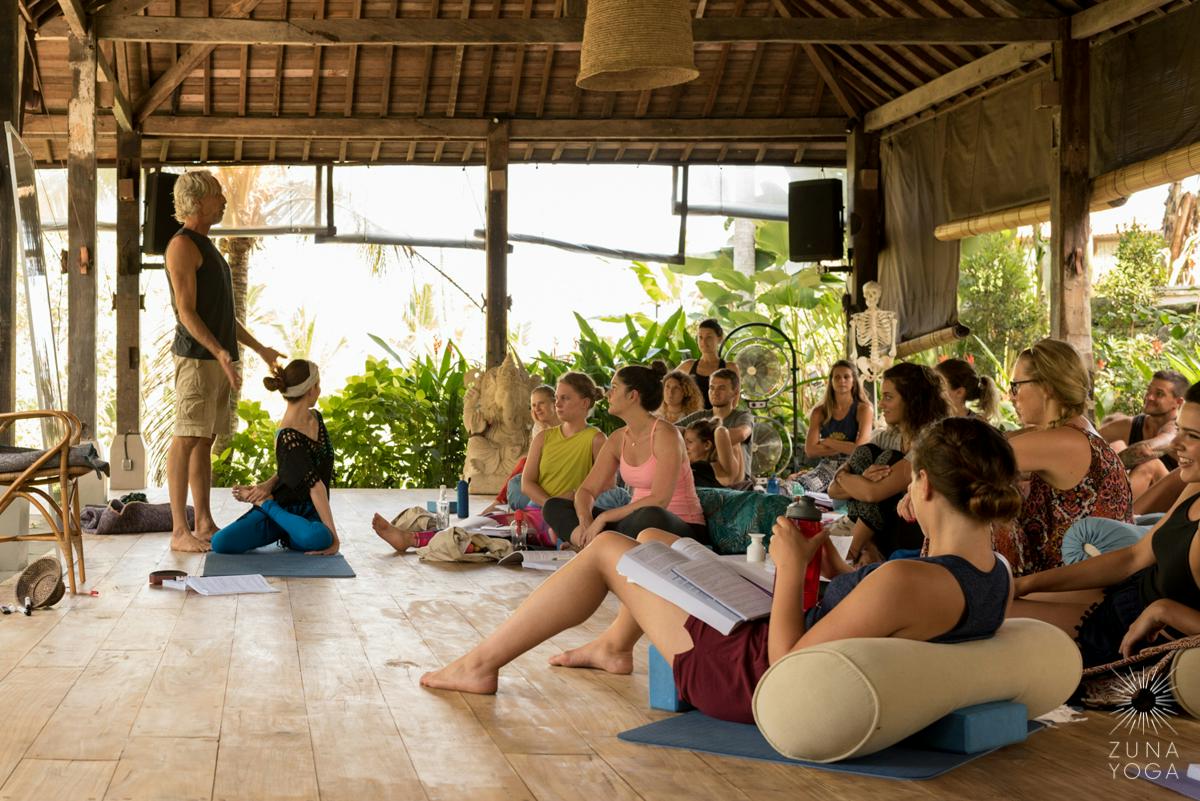Embarking on the path to becoming a certified yoga instructor is an exciting and fulfilling journey that requires dedication and a deep passion for the practice. The process involves a series of steps, beginning as a yoga practitioner and gradually transforming into a knowledgeable and skilled yoga teacher.
The first step towards certification is enrolling in a yoga teacher training program. There are different levels of training programs available, with the 200-hour and 300-hour courses being the most common. These programs, accredited by organizations such as Yoga Alliance, provide comprehensive education in various aspects of yoga, including asanas (postures), pranayama (breath control), meditation, philosophy, anatomy, and teaching methodology.
During the training, aspiring instructors deepen their personal practice and develop an understanding of yogic philosophy. They learn to sequence classes, provide hands-on adjustments, and cultivate their unique teaching style. The 200-hour program gives instructors a foundation to start teaching, while the 300-hour program further refines their skills and knowledge.
Becoming a yoga instructor is not without its challenges. New teachers may struggle with finding their own teaching voice, building a student base, or balancing their personal practice with teaching commitments. However, with perseverance and dedication, these challenges can be overcome. Seeking mentorship, continuously expanding knowledge and experience, and staying committed to personal practice are all valuable strategies for growth.
Passion for yoga is at the heart of the teaching journey. It fuels inspiration and facilitates a genuine connection with students. A passionate teacher has the ability to inspire others, creating a transformative experience on the mat. Cultivating and nurturing this passion through regular practice, self-reflection, and continued education is key to becoming a successful yoga instructor.
For those seeking a valuable choice in advancing their teaching journey, Zuna Yoga offers exceptional yoga teacher training programs. With our experienced and knowledgeable faculty, we provide a supportive and immersive learning experience. From the 200-hour to the 500-hour programs, our team equips aspiring instructors with the necessary skills and knowledge to confidently guide students on their yoga journey.
Embarking on the path from practitioner to instructor is a transformative and rewarding experience. By embracing the challenges, nurturing passion, and seeking quality education, aspiring yoga teachers can embark on a fulfilling journey that positively impacts the lives of others.
200-Hour vs. 300-Hour vs. 500-Hour Yoga Teacher Training: Which is Right for You?
When considering yoga teacher training, one important decision to make is whether to pursue a 200-hour, 300-hour or 500-hour course.

A 200-hour training is typically the first step in becoming a yoga instructor. It provides a strong foundation in yoga philosophy, anatomy, teaching methodology, and asana practice. This training is suitable for individuals with a consistent yoga practice and a passion for teaching. Prerequisites usually include a certain level of yoga experience and a desire to deepen one’s understanding of yoga.
On the other hand, a 300-hour training builds upon the knowledge gained in the 200-hour course. It delves deeper into advanced teaching techniques, sequencing, and anatomy. This training requires a higher level of commitment and is ideal for experienced instructors looking to further develop their skills. Prerequisites for a 300-hour training typically include a 200-hour certification and a certain number of hours teaching experience.
Both trainings offer numerous benefits. A 200-hour course provides a solid foundation for teaching yoga and is often a requirement to register with Yoga Alliance as a certified instructor. A 300 or 500-hour course offers a more comprehensive understanding of yoga and allows instructors to specialize in specific areas, such as restorative yoga or power yoga.
If you’re still unsure which training is right for you, it’s recommended to assess your goals and level of commitment. Consider your long-term aspirations as a yoga instructor and how much time you can dedicate to training. Consulting with experienced yoga instructors or training providers, such as Zuna Yoga in Bali, can also help you make an informed decision. Zuna Yoga offers 200-hour, 300-hour and 500-hour trainings, providing personal growth and professional development for individuals seeking to deepen their understanding of yoga.
Decoding the Role of a Yoga Instructor: Responsibilities and Impact

A yoga instructor holds a significant role in guiding students through their yoga practice, both on and off the mat. Beyond leading physical postures and breathing exercises, their responsibilities extend to fostering a nurturing and inclusive space for growth, self-exploration, and transformation.
At the core of their role is the responsibility to guide students safely through different asanas and sequences, ensuring proper alignment and avoiding injury. Moreover, a skilled yoga instructor possesses the ability to adapt to various levels of experience and modifications, catering to the unique needs of each student.
The impact of a yoga instructor goes beyond the physical aspect. They play a crucial role in promoting mental and emotional well-being. Through thoughtful instruction and sequencing, they create an environment that encourages self-reflection, stress relief, and relaxation. By incorporating mindfulness techniques and breathwork, they help students develop greater self-awareness and emotional balance.
The empowering and inspiring impact of Zuna Yoga’s yoga teacher training cannot be overstated. Our comprehensive programs equip aspiring instructors with the knowledge and skills necessary to confidently lead classes, understand the philosophy behind yoga, and embrace a lifelong journey of personal growth. Combined with a deep understanding of anatomy, teaching methodologies, and the art of sequencing, training at Zuna Yoga prepares individuals to positively impact the lives of others through yoga.
In conclusion, being a yoga instructor involves more than just teaching physical poses. It requires a deep understanding of the responsibilities involved in guiding students towards physical, mental, emotional, and spiritual well-being. By committing to a comprehensive yoga teacher training program like Zuna Yoga’s, aspiring instructors can develop the necessary skills and knowledge to make a lasting impact on their students’ lives.
Navigating Intensive Yoga Teacher Training: What to Expect
Intensive yoga teacher training is an immersive experience that offers a transformative journey for individuals aspiring to become yoga instructors. It requires a significant commitment, both in terms of time and energy, but the benefits are immense.

One of the key elements of intensive yoga teacher training is the opportunity to separate from the daily routine. By dedicating a specific period solely to learning and self-discovery, participants can fully immerse themselves in the journey. This separation allows for a deeper exploration of yoga philosophy, asana practice, and teaching methodologies without distractions.
Another significant aspect is the chance to learn alongside dedicated students who share a common passion for yoga. Being surrounded by like-minded individuals creates a supportive and inspiring environment. It fosters a sense of community and encourages collaboration and growth. The energy and enthusiasm of fellow students can ignite a thirst for learning and personal development.
Intensive yoga teacher training also provides ample opportunities for personal growth. It challenges participants to push their boundaries and explore their potential. It deepens one’s understanding of yoga, enhances teaching skills, and cultivates self-confidence. This transformative journey empowers individuals to become knowledgeable, skilled, and compassionate yoga instructors.
Navigating intensive yoga teacher training requires commitment, dedication, and openness to new experiences. By embracing this immersive experience, individuals can embark on a fulfilling and life-changing path toward becoming a yoga teacher.
The 5 Most Important Things to Learn about Yoga Philosophy

- The Eight Limbs of Yoga: The Eight Limbs of Yoga, as outlined by the sage Patanjali in the Yoga Sutras, form the foundation of yoga philosophy. Each limb represents a different aspect of practice, ranging from ethical guidelines and self-discipline to meditation and enlightenment. Understanding and incorporating the Eight Limbs into one’s personal practice and teaching can lead to a holistic and balanced approach to yoga.
- The History and Origins of Yoga: Exploring the historical roots of yoga is essential to appreciate its evolution and significance. Yoga originated in ancient India and has a rich history spanning thousands of years. Learning about the different traditions, schools, and influential figures in yoga’s history helps deepen an instructor’s understanding of its philosophy and allows for a more comprehensive teaching experience.
- The Concept of Dharma: Dharma refers to one’s duty or purpose in life. In the context of yoga philosophy, understanding Dharma involves recognizing one’s unique path and how it relates to the greater good. By aligning their actions and teachings with their Dharma, yoga instructors can navigate their own personal journey and guide others toward self-realization and fulfillment.
- The Practice of Ahimsa: Ahimsa, which translates to non-violence, is a fundamental principle of yoga philosophy. It extends beyond physical harm and encompasses compassion, kindness, and respect for all beings. Instructors who embody and promote Ahimsa create safe and inclusive spaces for their students to practice, fostering harmony and unity within the yoga community.
- The Concept of Self-Realization: At its core, the practice of yoga aims to facilitate self-realization and connection to the divine within. Understanding this concept helps instructors guide their students towards a deeper understanding of themselves and their purpose. By encouraging self-reflection and providing tools for self-discovery, instructors can support their students in their own spiritual journey and growth.
Building Your Unique Teaching Style: Tips and Inspiration
Developing your unique teaching style as a yoga instructor is a deeply personal and transformative process. It involves incorporating your teaching philosophy, personal experiences, and passion for yoga into your classes. By doing so, you can create a teaching approach that sets you apart from other instructors and resonates with your students on a deeper level.

Your teaching philosophy acts as a guiding principle, outlining the values and beliefs that shape your approach to teaching yoga. It is a reflection of your own yoga journey and the wisdom you have gained along the way. By understanding and defining your teaching philosophy, you can develop a teaching style that is authentic, engaging, and impactful.
Practical tips for developing your teaching style include incorporating modifications and offering variations to cater to different levels of students in your class. This helps create an inclusive and supportive environment where everyone feels comfortable and challenged. Additionally, staying informed about the latest trends and research in the yoga world allows you to continually expand your knowledge and bring fresh perspectives into your classes.
Zuna Yoga offers comprehensive teacher training programs that can be a valuable avenue for building and developing your unique teaching style. Our training emphasizes the incorporation of personal experiences and encourages each instructor to find their individual voice and teaching approach. Through training with Zuna Yoga, you will gain the necessary skills, knowledge, and confidence to become an exceptional yoga instructor with a style that is uniquely yours.






